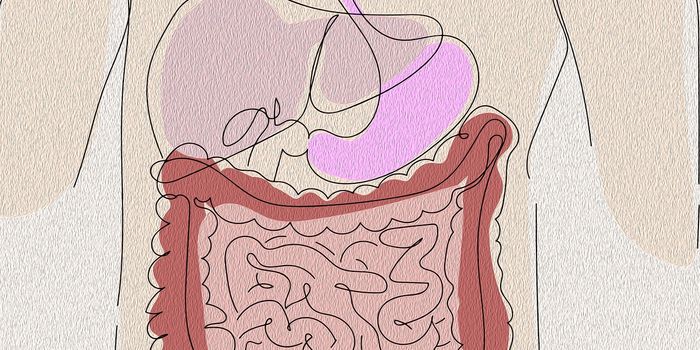Trans Fat Regulations Protect Three Billion People Worldwide
The World Health Organization (WHO) recently released a progress report on its five-year initiative for the global elimination of industrially-produced trans-fatty acids (TFA). According to the report, TFA intake is associated with increased risk of heart attacks and death due to coronary heart disease. WHO reports that consumption of TFA causes about 500,000 deaths due to coronary heart disease per year. The video below summarizes the initiative, which launched in 2018.
According to WHO, industrially produced trans fats are in hardened vegetable fats, snack food, baked foods, and fried foods. They’re more commonly used since they have a longer shelf life and are more cost-efficient than other fats. WHO recommends that TFA intake is less than 2.2 grams per day for a 2,000-calorie diet.
The 2020 progress report states that as of May, 32 countries accounting for 2.4 billion people—32% of the global population—have implemented mandatory TFA limits. Of those countries, 14 have implemented policies to eliminate industrially-produced TFA or ban partially hydrogenated oils (PHO). Over the next two years, another 26 countries with about 815 million people will have passed best-practice TFA policies.
WHO reports that 3.2 billion people across 58 countries will be protected from TFA by the end of 2021. That leaves more than 100 countries that need to take action, including 11 countries estimated to have the most coronary heart disease deaths associated with TFA.
According to the report, two-thirds of global deaths from TFA intake occur in only 15 countries. Four have taken action—Canada, Latvia, Slovenia, and the USA. They’ve either set limits for TFA to 2% of oils and fats in all foods or banned partially hydrogenated oils. The remaining countries accounting for the most deaths that still need to take action are Azerbaijan, Bangladesh, Bhutan, Ecuador, Egypt, India, Iran, Mexico, Nepal, Pakistan, and the Republic of Korea.
In the report, Dr. Tedros Adhanom Ghebreyesus—WHO Director-General—stated that “action has been largely concentrated and wealthier countries, and countries with fewer resources to continue to be disproportionately at risk of preventable deaths from TFA.” He calls this “unacceptable and unnecessary.” He concludes that “there is much more to be done to meet the goal of global elimination of industrially-produced RFA from the entire global food supply in the next three years.”
Sources: World Health Organization, WHO Report on Trans Fat Elimination 2020









